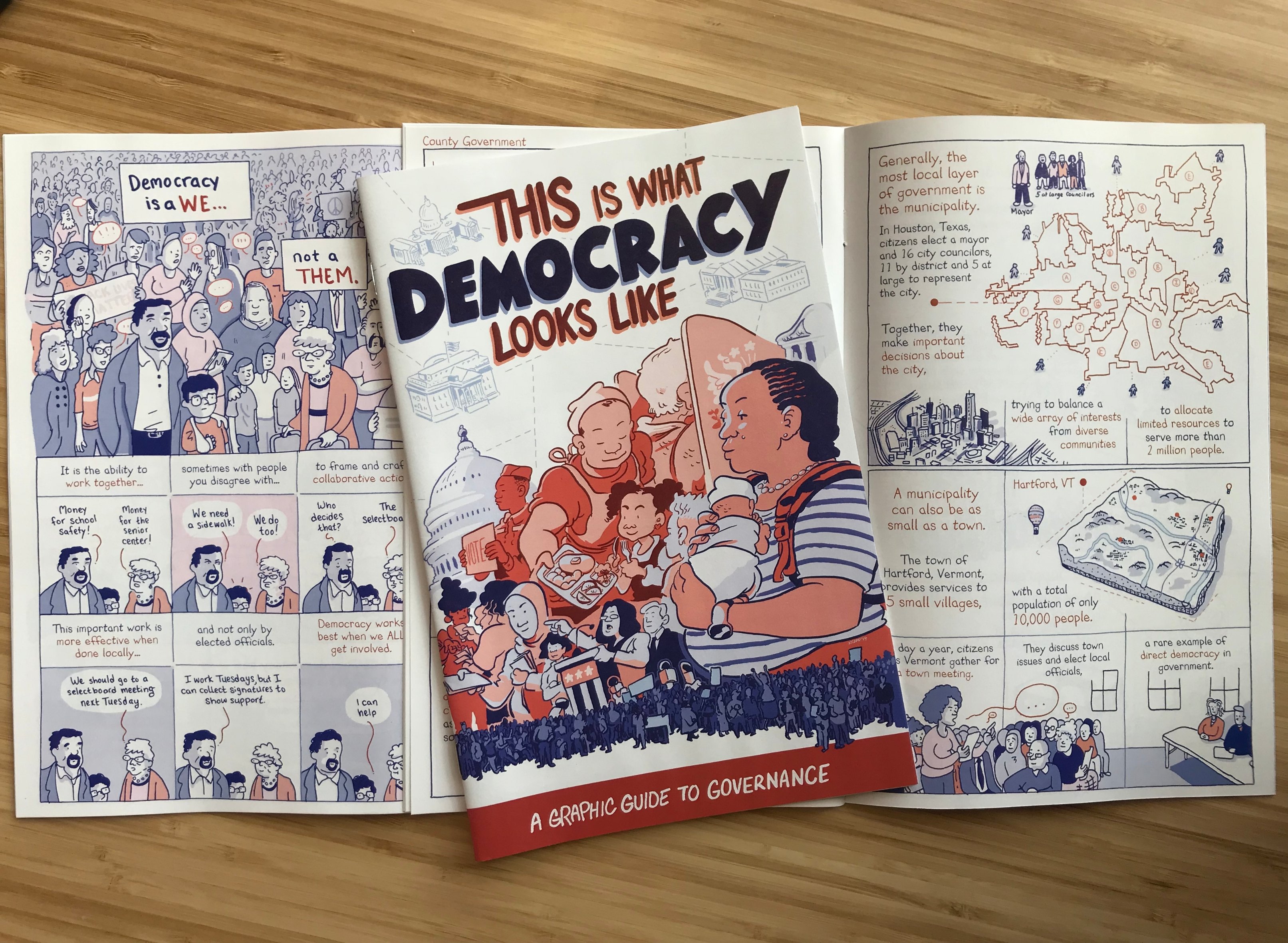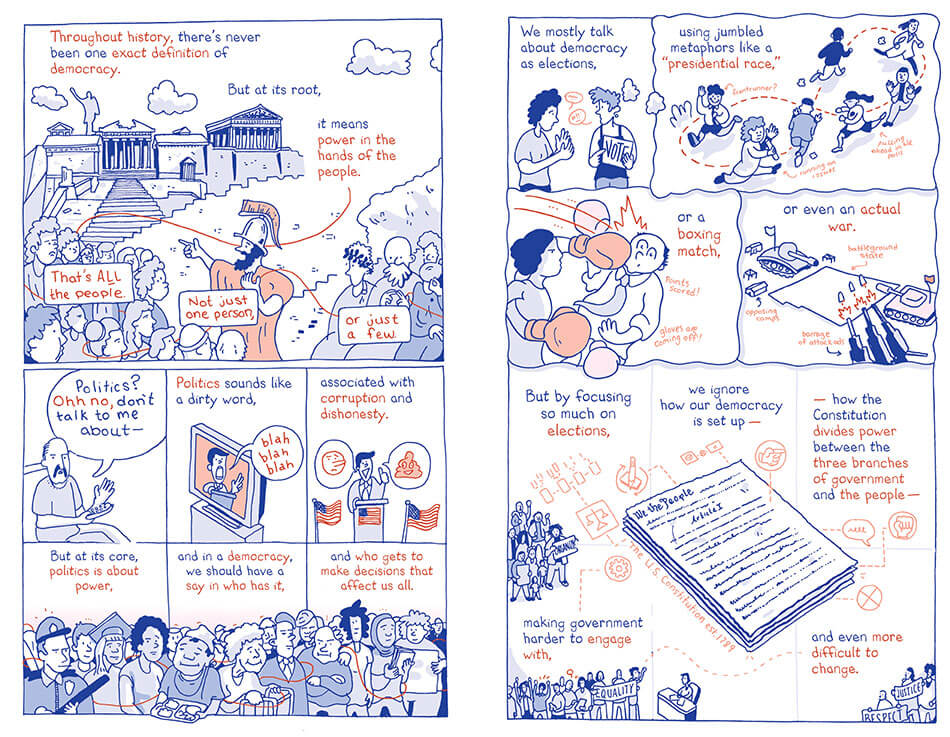(This is for the Slice of Life challenge, hosted by Two Writing Teachers. We write on Tuesdays about the small moments in the larger perspective … or is that the larger perspective in the smaller moments? You write, too.)
I appreciate that so early in the year, I have already started to make some strong connections with students.
Yesterday, one of my students told me in the morning that they had “something to show me” but we didn’t get around whatever that was until the afternoon. I met the student in the hallway coming back to our classroom, and reminded them of our earlier conversation. They asked me to hold on a second, and then rummaged through the backpack to pull out a small notebook.
“My notebook,” the student told me, “for writing songs.”
I asked permission to look, and was eagerly granted it, and my student noted that there is only one song underway. I, of course, celebrated that they had a songwriting notebook and expressed appreciation for sharing with me. They apologized for the messiness and for having only the one song, but I celebrated both.
I know there is a vulnerability with sharing words and songs not yet completed. I’m the same way. I also know that finding another songwriter to share with is special, too. And I know this student was trusting me because of the fact that we both write songs, and that we both play guitar in order to write songs.
I may dig around this morning and find one of my messy songwriting notebooks, too, just to extend the sharing together as songwriters making a mess of notebook pages, all in the name of writing and of making music, and of deepening the connections as writers so early in the year.
Maybe I’ll even share this photo my workspace …
Peace (singing it),
Kevin








